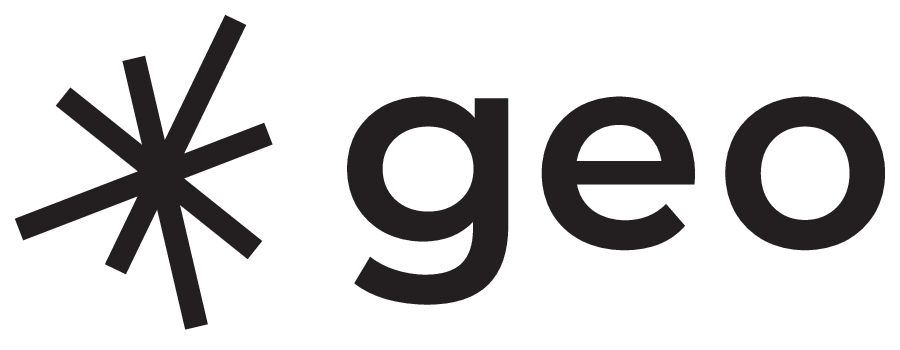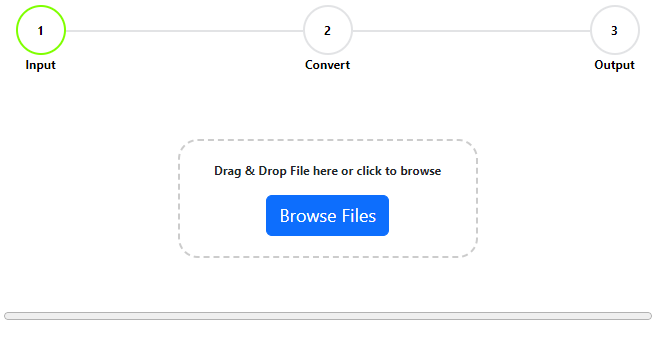Preparation is the key
Preparation is key to acing a job interview, and this is especially true for those seeking positions in broad technical fields like GIS. To make the most of your interview, it’s important to research the company, review the job description, practice common interview questions, prepare questions to ask the interviewer, dress appropriately, arrive on time, and be yourself!
Research the company
Take some time to research the company and learn about its products or services, mission and values, and overall culture. This will help you understand how the organization operates and what it values, and give you a better sense of how this role fits into the bigger picture.
Review the job description
Review the job description carefully to understand the specific requirements and responsibilities of the position. Make a list of the skills and experiences that the job requires, and think about how you can demonstrate that you possess those skills. This will help you tailor your responses to the interviewer’s questions and show that you are a strong candidate for the role.
Practice common interview questions
It’s also a good idea to practice common interview questions out loud to help you feel more comfortable and confident during the interview. Some examples include “Tell me about yourself,” “Why do you want to work for this company?”, and “What are your strengths and weaknesses?”
Here are some sample questions that you could use to prepare for a job interview for the position:
- What first sparked your interest in GIS?
- Why do you want to work as a GIS Technician specifically?
- Can you describe a project or task that you completed using GIS that you are particularly proud of?
- How do you stay up-to-date on the latest GIS techniques and technologies?
- Can you describe a time when you had to troubleshoot a problem with a GIS project? How did you approach the problem and what was the outcome?
- Can you discuss a situation where you had to work with a team to complete a GIS project? What was your role in the project and how did you contribute to the team’s success?
- How do you envision using your GIS skills in this role?
- Can you discuss a time when you had to communicate technical information to a non-technical audience? How did you approach this challenge and what was the outcome?
- How do you handle tight deadlines or heavy workloads? Can you give an example of a time when you had to juggle multiple priorities?
- Can you describe a situation where you had to work with a difficult or challenging client or team member? How did you handle the situation and what was the outcome?
What if you are asked a question you don’t know how to answer?
There are a few strategies
- Take a moment to think before you speak. It’s okay to pause and take a few seconds to gather your thoughts.
- Admit that you don’t know the answer and then suggest ways that you would go about finding the answer. No one has all the answers! so the question is how are you going to find the answers that you need?
- Try to redirect the conversation. If the question is not directly related to the job, you could try to pivot to a topic that you are more knowledgeable about.
- Offer a related example. If you don’t know the answer to a question, you can try to draw upon a similar experience or situation that demonstrates your skills and qualifications.
- Ask for clarification. If you are unsure what the interviewer is asking or what they are looking for, it can be helpful to ask for more information or context.
- It is important to remember that it is okay to not know the answer to every question. What is most important is how you handle the situation and your willingness to learn and grow.
Here is an in-depth discussion of what GIS employers are looking for and the hiring process
A list of questions of your own
In addition to preparing answers to the interviewer’s questions, it’s important to come to the interview with a list of questions of your own. This shows that you are interested in the company and the role, and helps you learn more about what it would be like to work for the organization.
Here are some questions that you can ask the interviewer to demonstrate your interest in the job and a potential future in the role:
- Can you tell me more about the day-to-day responsibilities of this position?
- How does this role fit into the larger organization and what opportunities for growth and advancement are available?
- Can you describe the team that I would be working with in this role?
- How does the organization support professional development and continuing education for its employees?
- Can you describe the company culture and what the work environment is like?
- How does the organization use GIS technology and how does this role contribute to the company’s goals and objectives?
- Can you tell me more about the company’s plans for the future and how this role will be involved in achieving those goals?
- What challenges does the organization currently face and how does this role contribute to overcoming those challenges?
- Can you describe a recent project that the organization worked on and how GIS played a role in its success?
- Is there anything else that you think I should know about the role or the company that would help me make a decision about joining the team?
On the day of the interview, make sure to dress appropriately. First impressions are important, and dressing appropriately demonstrates that you respect the company and the interview process. This is also true in the interview is online!
It’s also important to arrive on time, so plan to arrive at least 15 minutes early to give yourself time to find the location and settle in before the interview.
What if you are asked a question you don’t know how to answer?
There are a few strategies
- Take a moment to think before you speak. It’s okay to pause and take a few seconds to gather your thoughts.
- Admit that you don’t know the answer, but offer to find out. You can say something like, “I’m sorry, I don’t know the answer to that question. However, I am a quick learner and would be happy to research and find the answer for you.”
- Try to redirect the conversation. If the question is not directly related to the job, you could try to pivot to a topic that you are more knowledgeable about.
- Offer a related example. If you don’t know the answer to a question, you can try to draw upon a similar experience or situation that demonstrates your skills and qualifications.
- Ask for clarification. If you are unsure what the interviewer is asking or what they are looking for, it can be helpful to ask for more information or context.
It is important to remember that it is okay to not know the answer to every question. What is most important is how you handle the situation and your willingness to learn and grow.
Finally, remember to be yourself during the interview. The interviewer wants to get to know you and see if you would be a good fit for the company and the role. Don’t try to be someone you’re not – just be genuine and let your personality shine through. By following these tips, you will be well-prepared for a successful GIS job interview.
You will find more amazing GIS career advice in our podcast archive!





